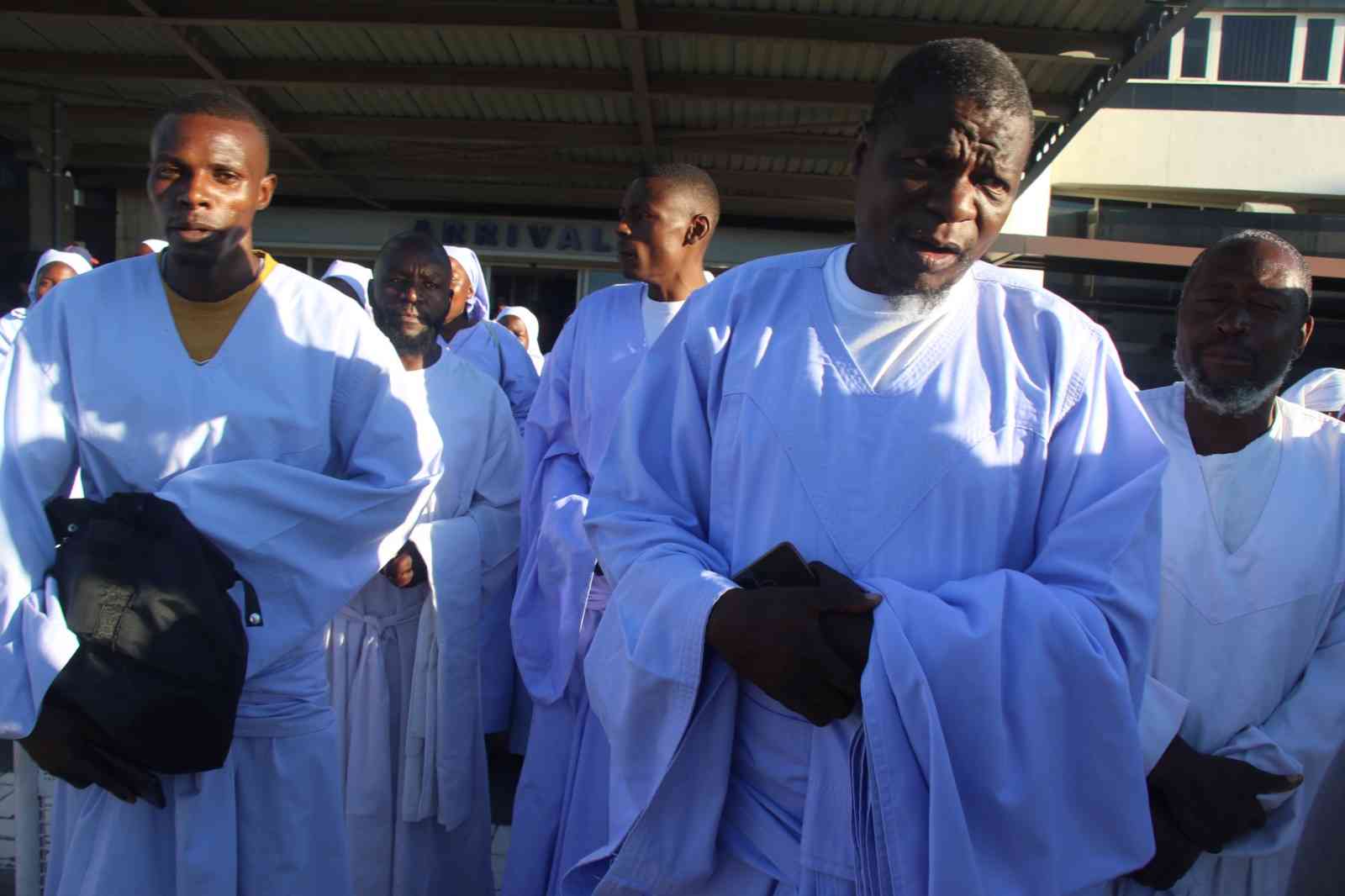
Kwekwe human rights defender Emmanuel Nkosilathi Moyo has released a single titled Tipeiwo Gwara which implores French President Emmanuel Macron to show youths in Zimbabwe the way to claim their political space.
By Stephen Chadenga

In the song, Moyo asks Macron how he made it to be president, something which he said was proving to be difficult in Zimbabwe as old political leaders continue to cling to power.
The song with a reggae beat, released last week and available on YouTube, has so far attracted several subscribers. Moyo also asks Macron for advice on how the young generation in the country can get into leadership positions to map their future.
Macron became French president last month at the age of 39 while Mugabe who turns 94 years next year has been in power since the country gained independence from British rule in 1980.
The 30-year-old human rights defender, who is also director of the Zimbabwe Organisation For Youth In Politics, sent Mugabe a prison garb on his birthday last year. He said Tipeiwo Gwara was part of a series of protest songs to challenge the status quo.
“Tipeiwo Gwara is my fourth protest song where I ask the youthful French president Emmanuel Macron to show us the way as young people and exchange notes on how we can reclaim our political space,” he said.
Moyo said he was working on an album titled Set the People Free, which he expects to launch at the end of the year. Early this year, Moyo released a song, Musadherere Povo, which takes a jibe at first lady Grace Mugabe for suggesting that even if Mugabe, dies his corpse will win elections.
- Chamisa under fire over US$120K donation
- Mavhunga puts DeMbare into Chibuku quarterfinals
- Pension funds bet on Cabora Bassa oilfields
- Councils defy govt fire tender directive
Keep Reading
Last year Moyo released two songs Nyaraiwo Vanhu in which he implored Reserve Bank of Zimbabwe governor John Mangudya to respect people and not pretend bond notes were money as well as Urombo Hwanyanya, which refers to the unending poverty in the country.











